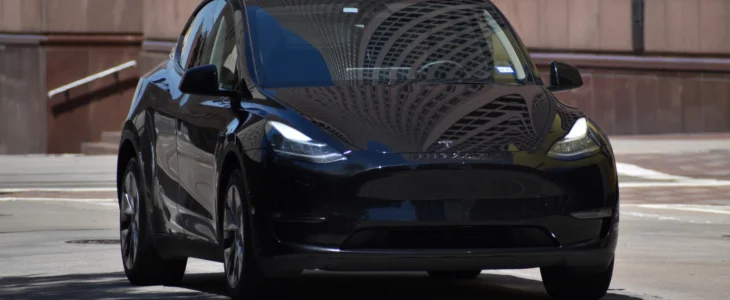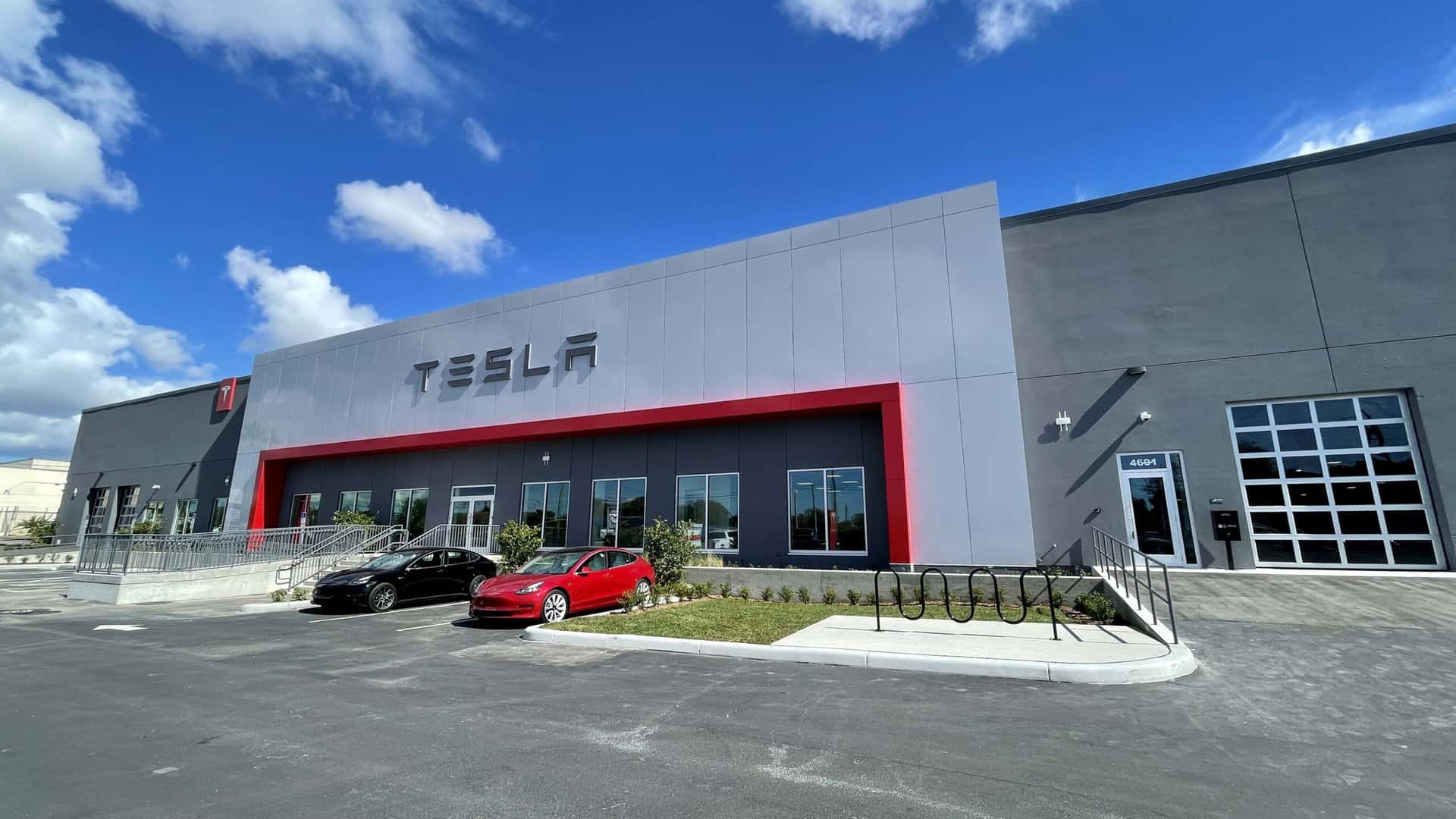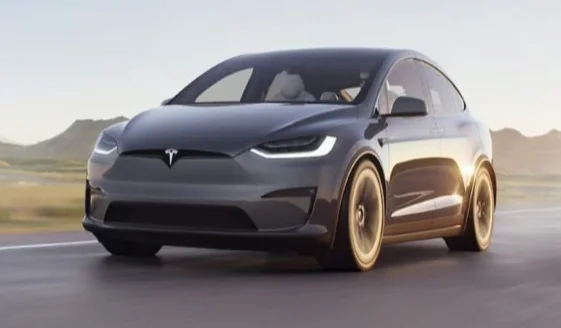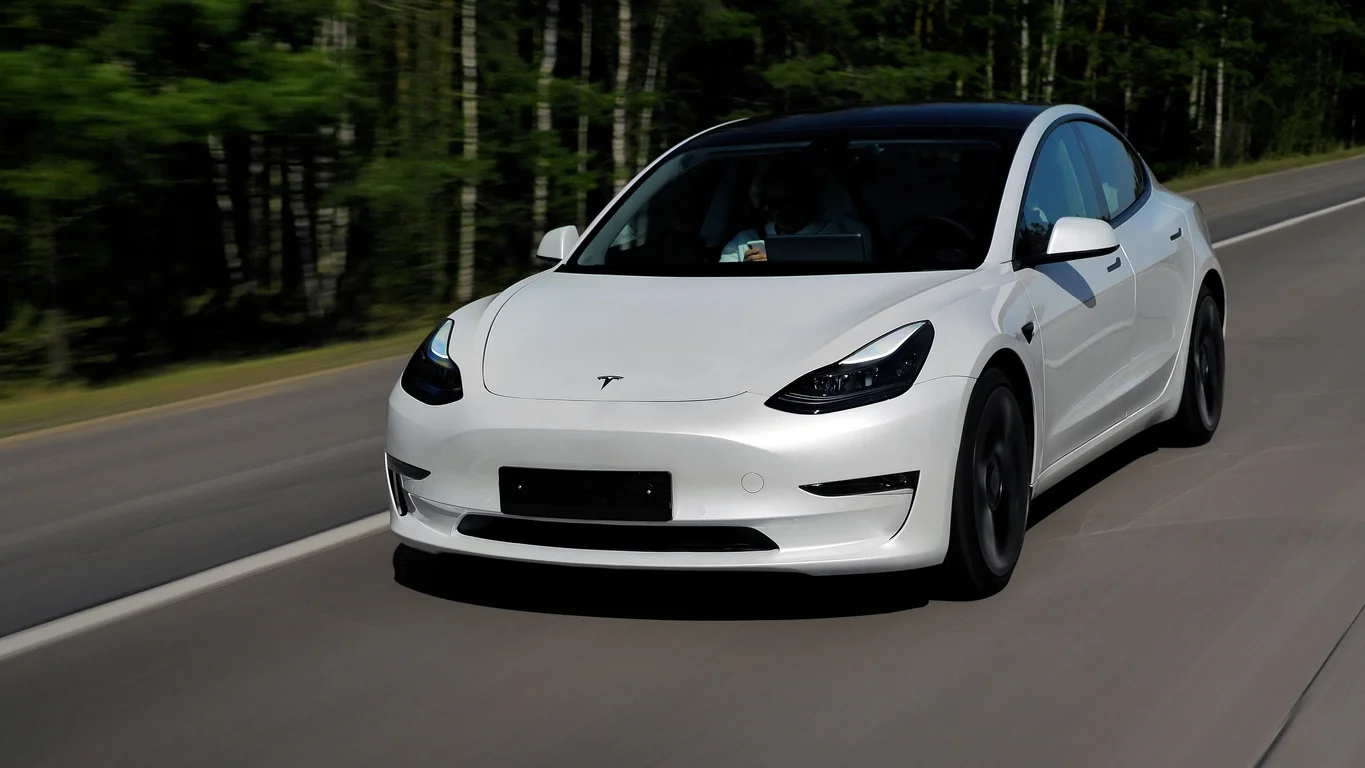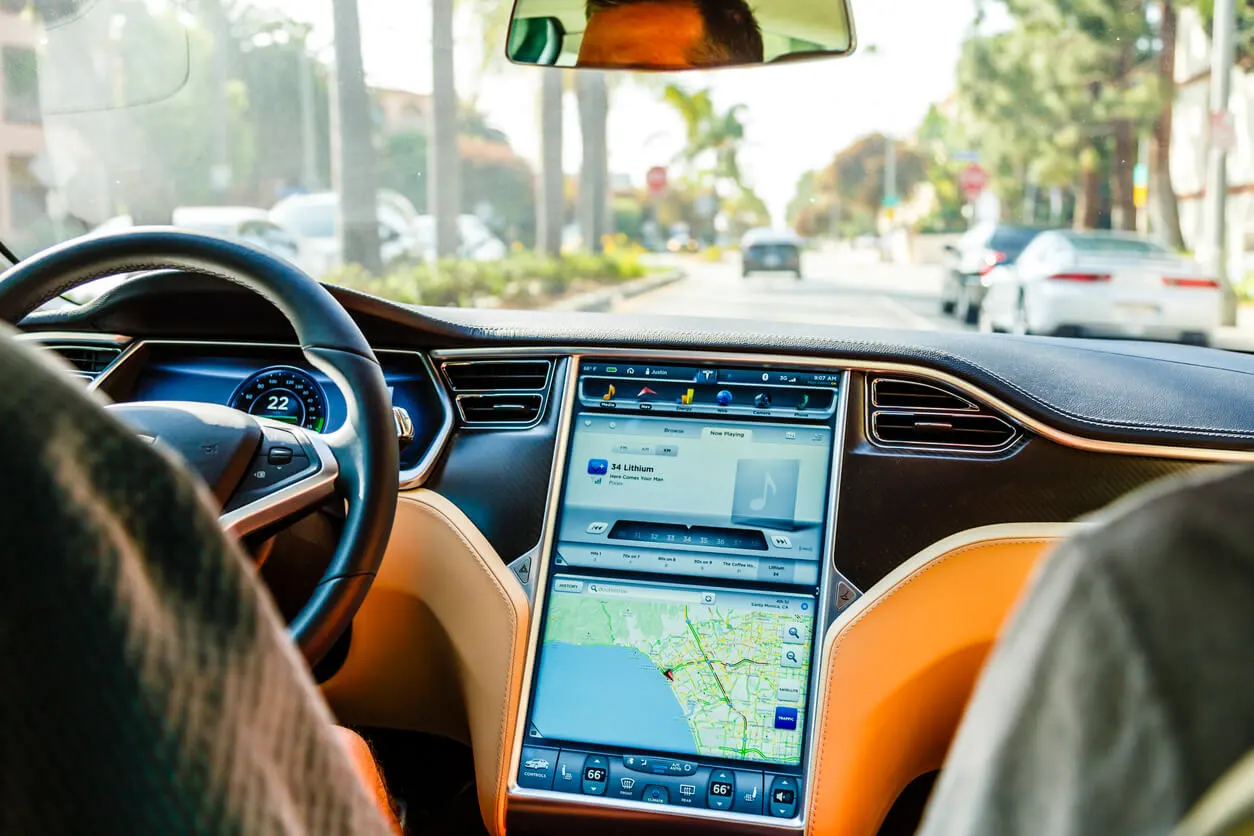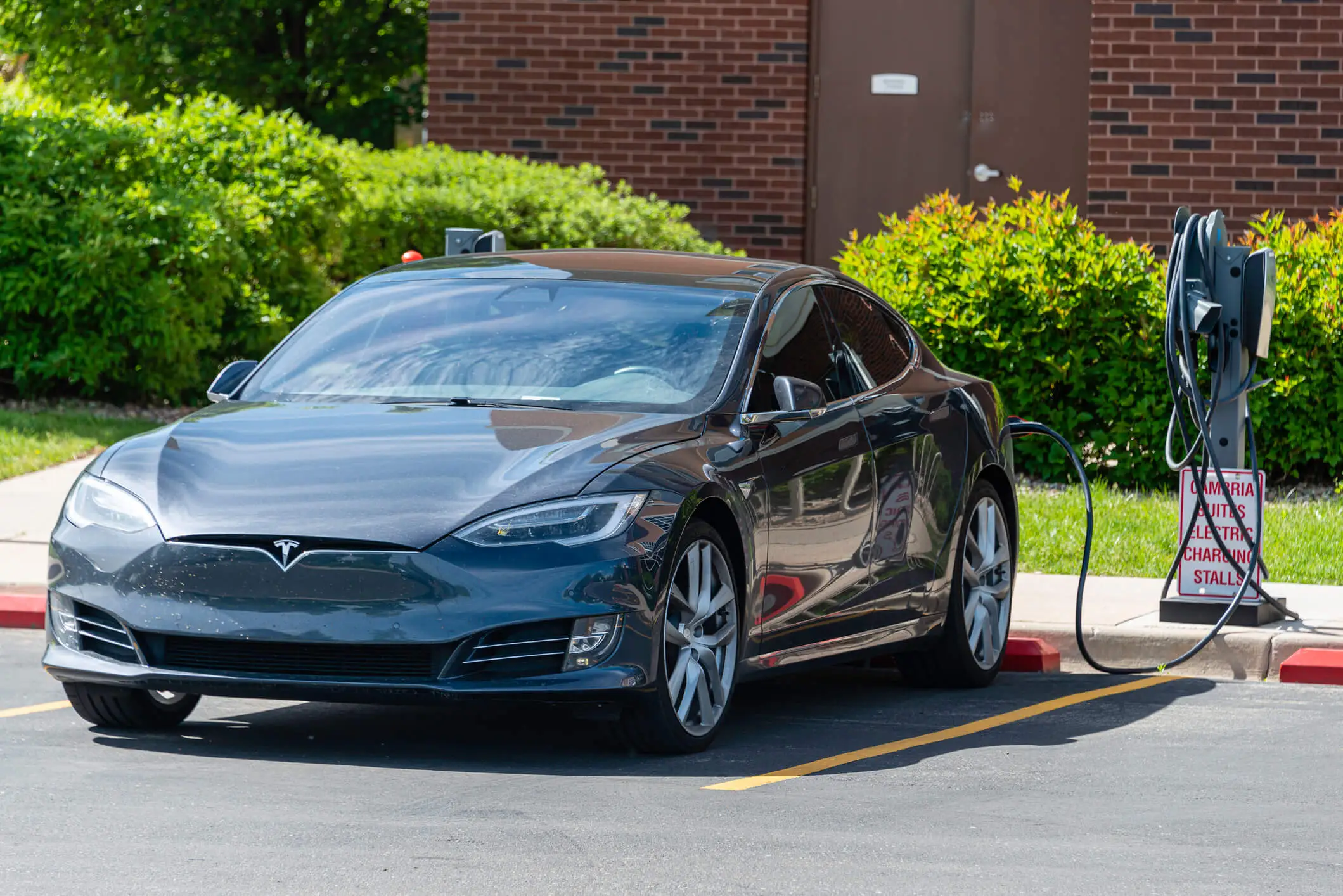Tesla has initiated a significant recall affecting over 1.8 million vehicles across multiple models and model years due to a potential safety issue with the front hood latch.
The recall involves the Model S, Model 3, Model X, and Model Y vehicles produced between 2020 and 2024. The issue arises from a defect in the software responsible for detecting an unlatched hood, which could lead to the hood opening unexpectedly while driving and obstructing the driver’s view.
Details of the Recall
The National Highway Traffic Safety Administration (NHTSA) reports that the recall includes specific model years of the Model S (2021-2024), Model 3 (2021-2024), Model X (2021-2024), and Model Y (2020-2024).
The problem stems from a software malfunction where the hood latch assembly may fail to detect when the hood is not properly closed. If the vehicle is driven with an unlatched hood, there is a risk that the hood could fly open, obscuring the driver’s vision and significantly increasing the likelihood of an accident.
Tesla has addressed the issue through an over-the-air software update. The update, identified as firmware release 2024.20.3, includes improvements that ensure the vehicle’s system correctly identifies when the hood is not securely latched and alerts the driver with a notification on the user interface.
Steps for Affected Vehicle Owners
Tesla owners can verify if their vehicle is affected by this recall by checking their Vehicle Identification Number (VIN) on either the Tesla VIN Recall Search or the NHTSA VIN Recall search tools. The affected vehicles have already received the software update automatically over-the-air, which resolves the issue without requiring any physical service appointment.
Owners can confirm their vehicle’s software version by navigating to ‘Controls’ > ‘Software’ on the touchscreen or checking the bottom of the vehicle’s home screen in the Tesla mobile app. Firmware release 2024.20.3 or any later version will provide the necessary fix and ensure the hood open state is detected and communicated to the driver.
Safety and Next Steps
Driving a vehicle with an unlatched hood poses a significant safety risk, as it can lead to the hood fully opening and obstructing the driver’s view, increasing the chances of a collision. Although Tesla has not reported any accidents or injuries resulting from this issue, owners must ensure their vehicles are updated with the latest software.
Owners experiencing issues with downloading or installing the software update are advised to consult Tesla’s Software Updates Support page. If problems persist, they should schedule a service appointment through Tesla’s customer service.
Tesla plans to notify all affected vehicle owners via mail by September 22, 2024. Owners can also visit the Tesla customer service website, or the NHTSA recalls website for further information and assistance.
How Tesla Owners Can Take Back Control
While recalls have been communicated to owners, many continue to be unhappy with the solutions provided by automakers. These problems have the potential to escalate into further action, just like this – underlining the importance of protecting consumer rights.
If you struggle with vehicle troubles and feel cornered against big vehicle brands, remember it is always better to have experts with you. With extensive experience and successful cases at hand, The Lemon Firm is your best bet. With the dedicated team members always at your disposal, the package becomes too good to be true. So, if your car is giving you a headache, don’t hesitate to reach out!
Call 833 Lemon Firm and speak with a case analyst today!
